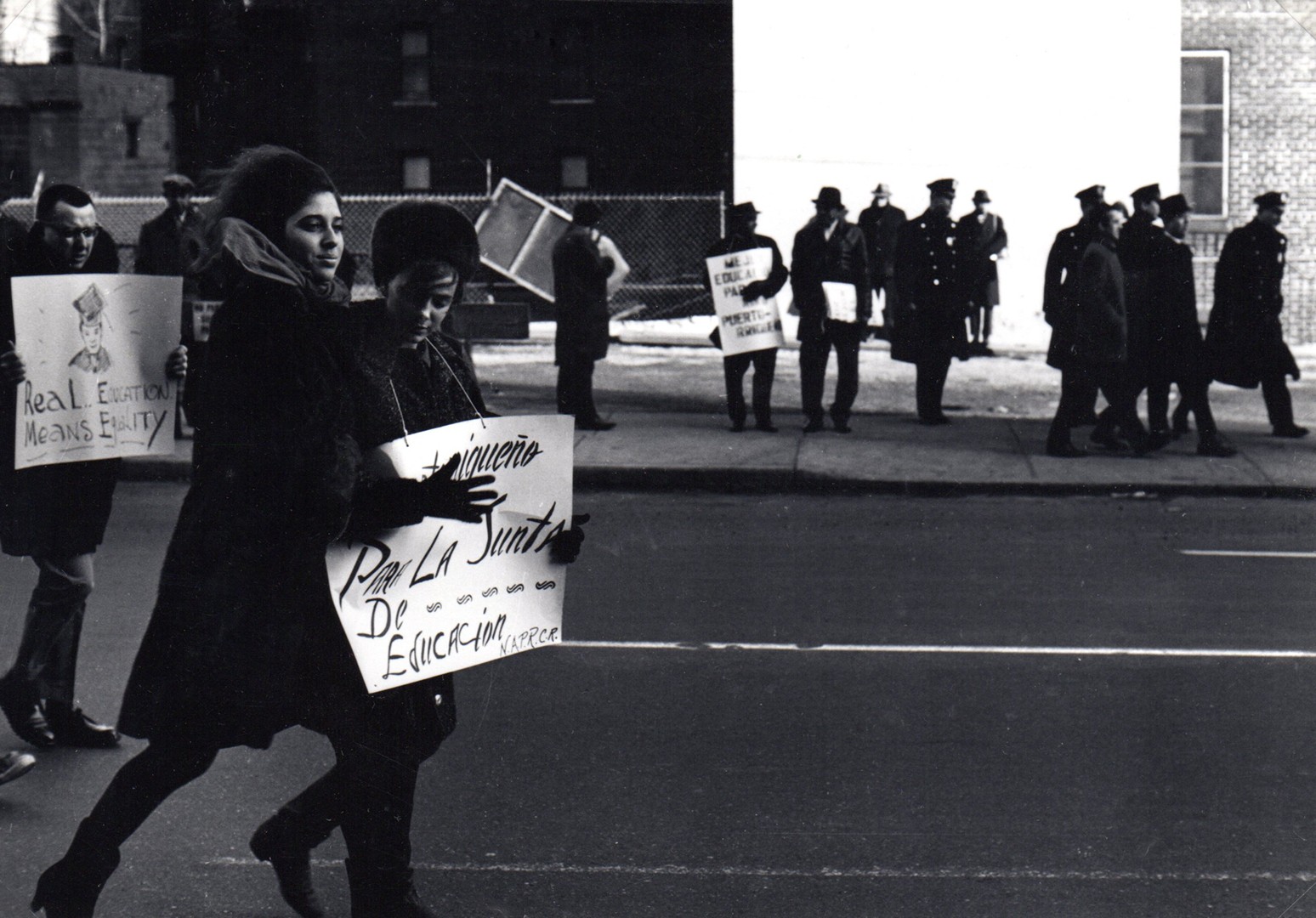I was surprised recently to hear the phrase ‘I become we’ and it reminded me of something important, especially in these times. This is an idea that’s been made use of for generations in the Civil Rights and Labor movements, as well as in religious teachings.
Whether we hear it as ‘There is strength in numbers’ or ‘Together we will be heard’, or, ‘when two or three are gathered in my name, I am with them’, the phrasing may change, but in one sense the message is the same. When we shift our identity from being an isolated self, struggling against the forces of the world, to one of a part of a great body moving through time, with a purpose that has brought us this far, and will take us forward, all the way home, we are reclaiming something essential.
Though I don’t often think of myself as a Christian, I do appreciate many of the deep teachings that are found in that tradition. As a Westerner, I recognize the values laid out in their canon to be the foundation for our culture. Along with other religions, Christianity invites us also to reclaim our noble heritage, with language that may sound mysterious, until we see it at work in our own lives.
It’s reported that Jesus said to his disciples, who he was sending out into the world to teach, ‘he who receives you, receives me; and he who receives me, receives Him who sent me…’
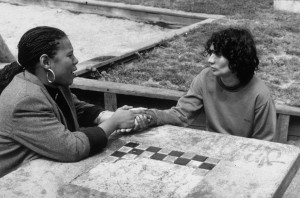
In this verse, I find all that is essential in understanding the profound nature of transmission, where a tradition is communicated across generations.
My father was the great social documentary photographer, educator and activist, Frank Espada, and my mother, who is still with us, is a deeply spiritual person. For these reasons, my brother, my sister and I grew all up in what I would call a socially conscious household. We were aware that there was injustice in the world and that we each had a responsibility to stand for people’s rights. We may have processed what we heard from them as children in our own way, but those ideals were certainly there for us from an early age.
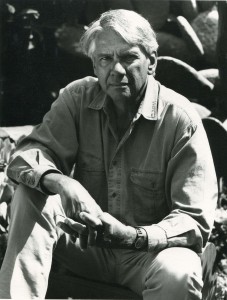
Whether loss of a parent or teacher results in our renewed working for others, I think depends on the relationship we had with them before their passing. In my case, with my father, the three of us were each given something precious by him.
I think the word that best describes the feeling of receiving a gift that carries some responsibility is ‘legacy’. It’s not just something we can place on a shelf and forget. We have to do something to honor that gift. My father’s life was all about art and activism, and the struggle for human rights, and that is something I inherited and intend to continue in as many ways, and for however long I can. I think my brother feels the same way, and my sister too, in her own way. He’s a poet, and she’s a lawyer.
My father said,
“The purpose of showing my work is to get young people thinking, to stimulate their minds and hearts, to make conditions known, and to attack injustices wherever they exist.”
Now that he is no longer here, who will continue the essential work he was part of? Who will stand up for the exploited and abused, for those who are pushed aside and forgotten by society? Because my father is not with us physically to do this anymore, it’s imperative, now more than ever, that we continue the work.
In 2014, one of my teachers, Thich Nhat Hanh, had a stroke that rendered him unable to speak. We have to ask, who will speak now that our teacher is silent?, and I have to answer that all of us who received his wisdom will speak. Thay will continue through us.
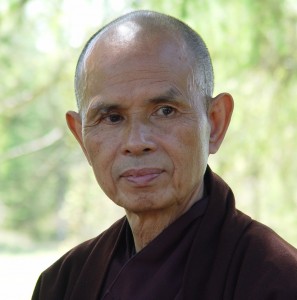
The movements for human rights this last century has suffered so many losses, from environmental activists, to social justice leaders. In some cases, they lived long lives, but so often their lives were cut short. In each case, those of us who were inspired by them felt the need to continue their message and their work. We take the part that does not fade. When we look at what we lost, we are bereft, and desolate. But when we look at what we were given by them, their great gifts of vision and courage, intelligence, and powerful commitment, we can’t help but be lifted up by it, and empowered to take the next step on the path, and the next, together with our brothers and sisters. When we really see things as they are, we break down the imaginary barriers between ‘I’ and ‘them’. I then becomes we, and we are empowered to continue this work.
When we are part of a tradition, it’s a great gift, a privilege. The traditions of progressive social activism and true human values we have received continues with us, and through us.
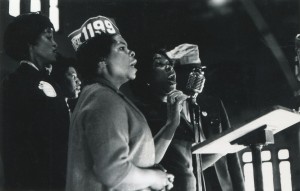
I have no doubt now that when someone meets me, and we talk politics and social justice issues, they are meeting my father, and my teachers, and all those who came before them and taught, and nurtured, and inspired them. All this is being shared. Truth be told, we are a confluence of rivers, meeting one another.
This is true of me, and I know that it’s true of you as well. We have each received great and precious gifts that have been passed down to us through the generations. We are each part of a noble heritage, and this is what we share now with one another.
From A Buddhism for Progressives – Inspiration for Activists
